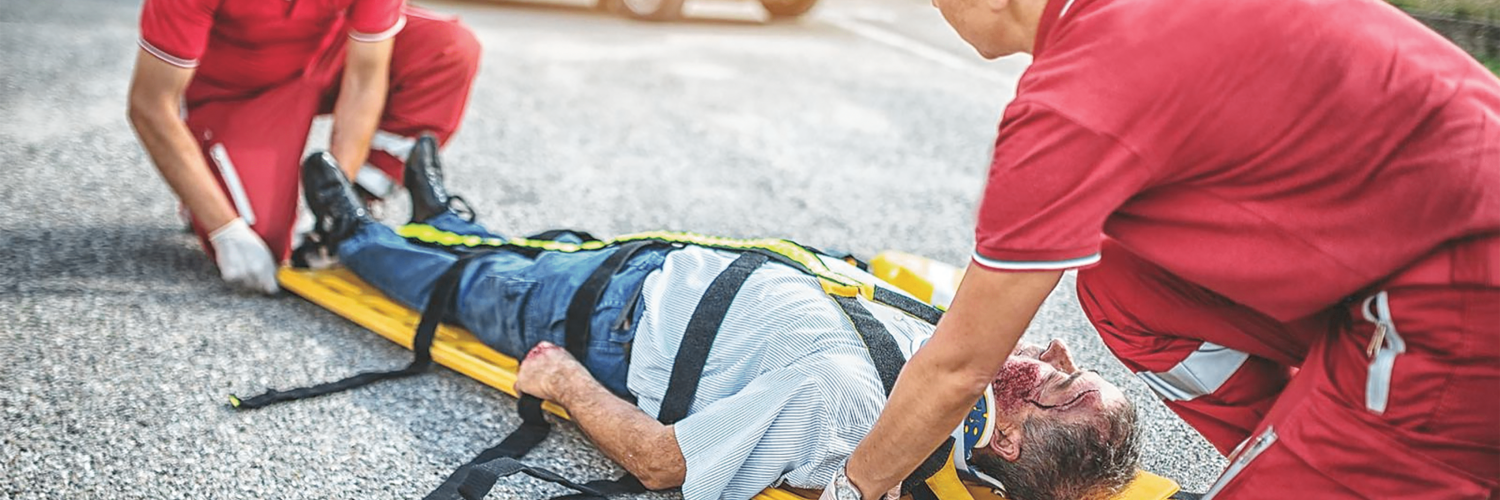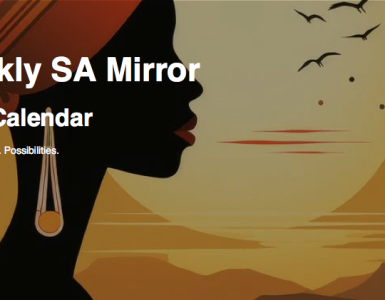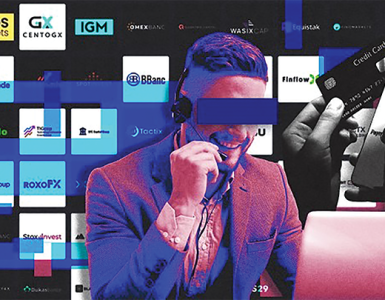MANIPULATION: They thrive on taking advantage of the seriously injured in distress…
By Thuli Zungu
People who sustain injuries during a road accident have been warned by lawyers against touts who would visit them in hospital or clinic offering legal services.
This is increasingly common in South African hospitals and emergency rooms and even at road accident sites. Nondumiso Damini 44, of Orlando West in Soweto, says she was recently involved in a car accident which left her unconscious for four days after suffering a head injury.
She was hospitalised for four months. While recuperating from her injury, she was approached by a stranger who told her she knew a firm of attorneys that assisted road accident victims.
She was skeptical about this and her husband approached Consumer Eye for advice. This practice has become so prevalent that it raised the ire of the former Minister of Transport, Dipuo Peters.
She once described touts as vultures and tsotsis who were robbing victims of road accidents. Kirstie Haslam, a partner at DSC Attorneys, says touts approach people who are confused, suffering and in pain.
She says it is not in the consumer’s interest to use the services promoted by touts as their behaviour is unethical and untrustworthy. “At best, touting is a direct and persistent attempt to sell something to or solicit work from, a person.
“At worst, it is straightforward fraud involving illegal gathering of information without the accident victim’s knowledge or consent,” says Haslam.
She says the most common type of touting occurs in hospitals and revolves around personal injury claims, especially Road Accident Fund (RAF) claims.
How to recognise touts in hospitals?
Haslam advises consumers to be suspicious about recommendations or referrals you receive, both enroute to the hospital and once in the hospital.
“Anyone you dont know who approaches you or your family members to recommend an attorney or legal firm is probably a tout” .
The injured and their families must also beware of towtruck drivers or even police officers recommending a particular lawyer or legal firm to hel .
“Someone waiting alongside you in an emergency room might also do this. “In South Africa, chances are that this person has been paid to work as a tout.”
Haslam says road accident victims must be suspicious if a stranger in a hospital setting approaches them andrecommends they make a personal injury claim; suggests they can get large sums of money as compensation for your injury; offers contact details for a personal injury lawyer or firm or suggests you sign a power of attorney for a law firm.
“If you or a family member has recently been in a road accident and you receive an unsolicited offer of legal assistance, it may be because your details were illegally sold to a tout,” according to Haslam.
He added that former chief marketing officer for the Road Accident Fund, Nozipho Jafta, reported that certain police officers sold road accident reports and even commissioned claimant affidavits for touts.
Haslam says in one scam that was uncovered, this went even further. Certain corrupt members of the police, gleaned sensitive information from accident reports and passed it to third-party agents.
“The agents would then visit accident victims in poor communities and convince them to lodge RAF claims through them. Some doctors were even roped in to provide fraudulent medical reports.”
The completed claim documents were then sold to unscrupulous lawyers. Haslam says in South Africa, lawyers and their representatives are not allowed to approach potential clients directly for work.
The Legal Practice Council (LPC) has published a code of conduct which includes reference to touting.
According to this code of conduct, it is not legal or ethical for attorneys to:
- Approach potential clients face to face to promote their services;
- Employ or incentivise anyone to arrange referrals or introductions of clients;
- Make unsolicited visits or telephone calls or send emails or letters to anyone who has an existing attorney/client relationship.
Haslam says similar guidelines apply in the health profession.
Professional guidelines published by the Health Professions Council Of South Africa (HPCSA) noted that : “A practitioner shall not canvass or tout or allow canvassing or touting to be done for patients on his or her behalf…”
Haslam says the key rule is to avoid engaging with anyone who approaches you directly, claiming to be a personal injury lawyer or legal agent.
“Never, ever share information of a personal or medical nature with a stranger who approaches you at the scene of an accident or in a medical environment to offer you legal services.”
Touting is considered unethical – and it is illegal. No credible attorney would risk being struck off the roll and no reputable law firm would break one of the cardinal rules of its own profession.”
Haslam has advised consumers to approach an established a reputable law firm with a proven track record in personal injury law should they be involved in a road accident .
“This is the best way to avoid scams and ensure you get only competent legal advice and assistance.”































